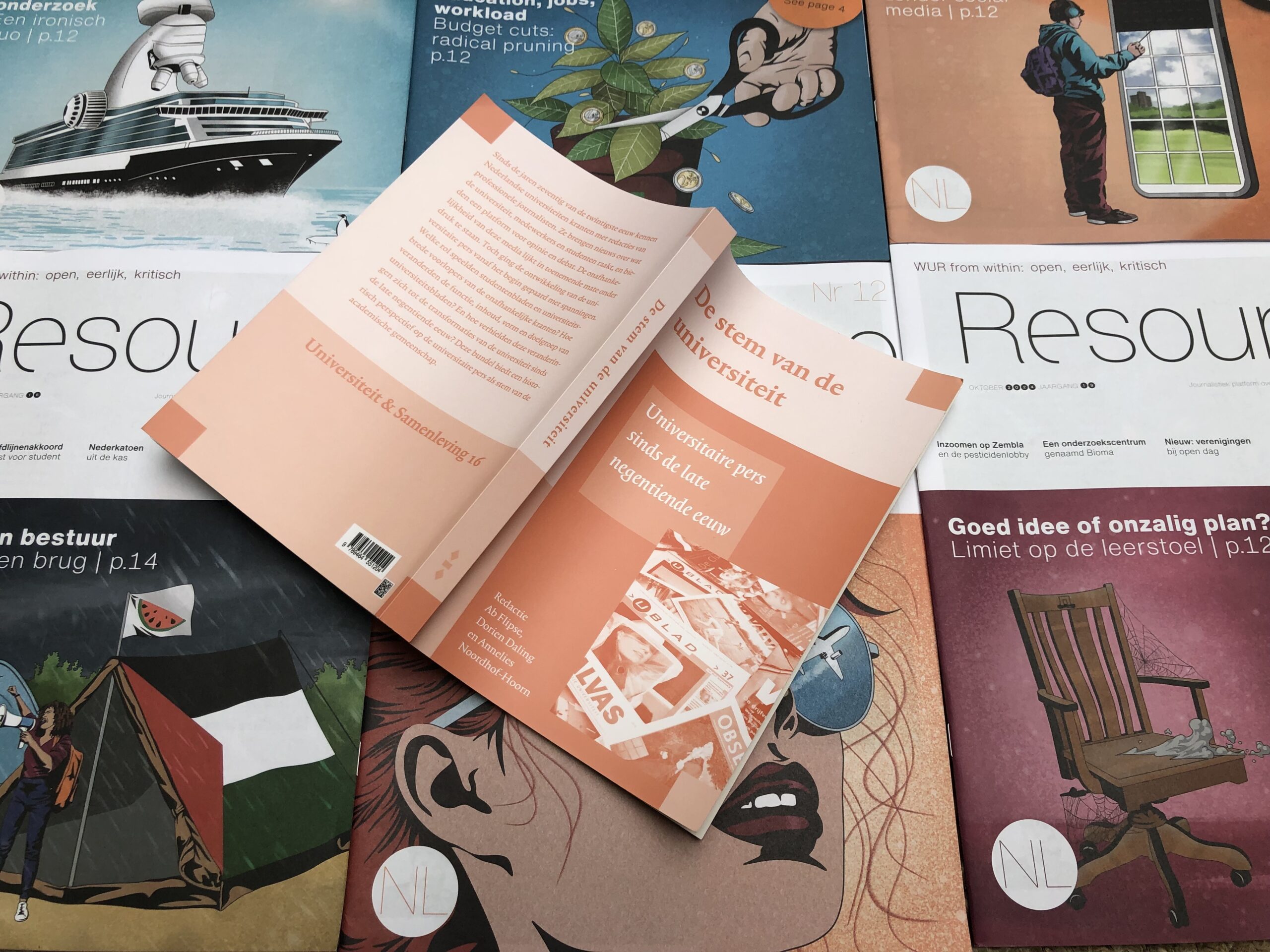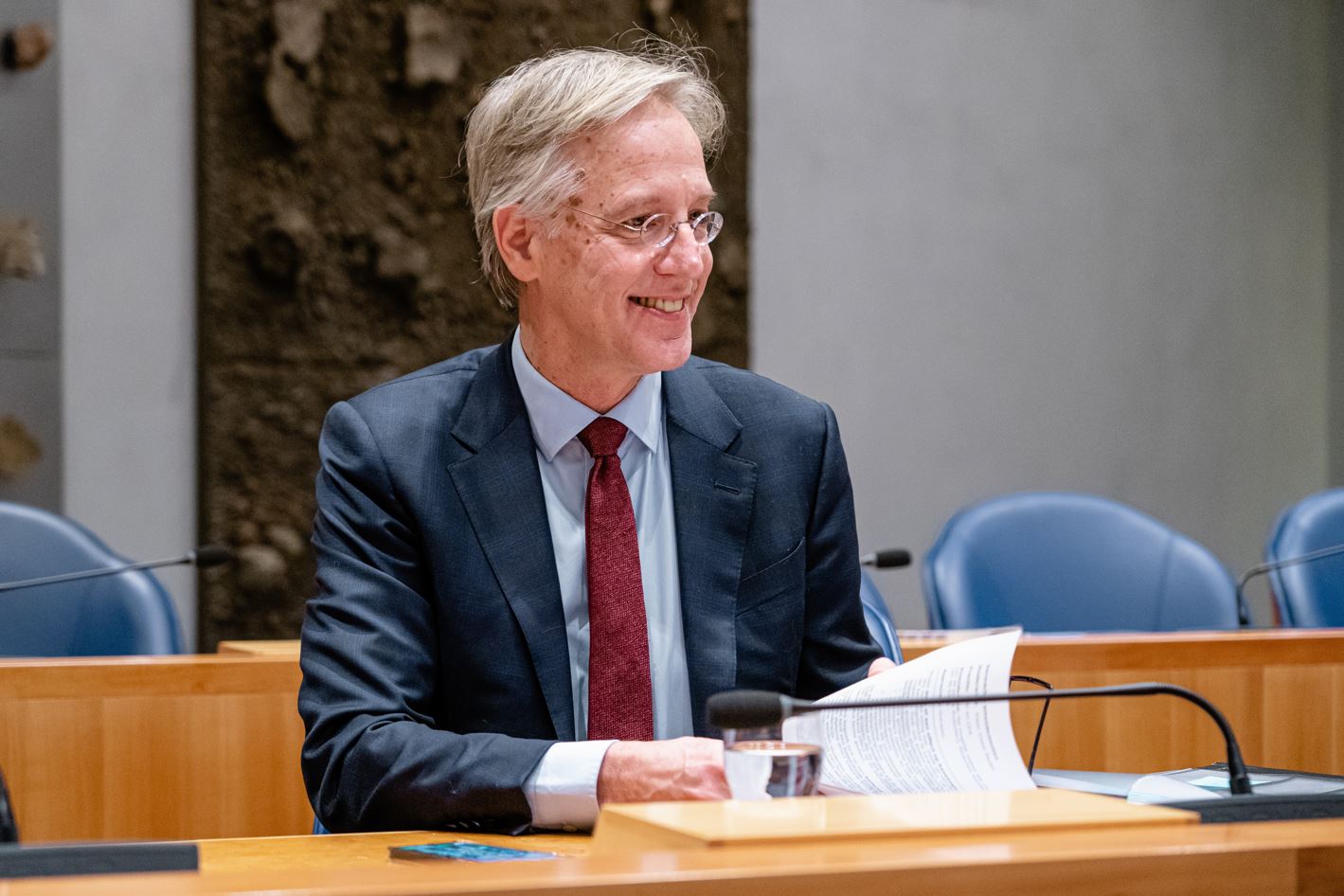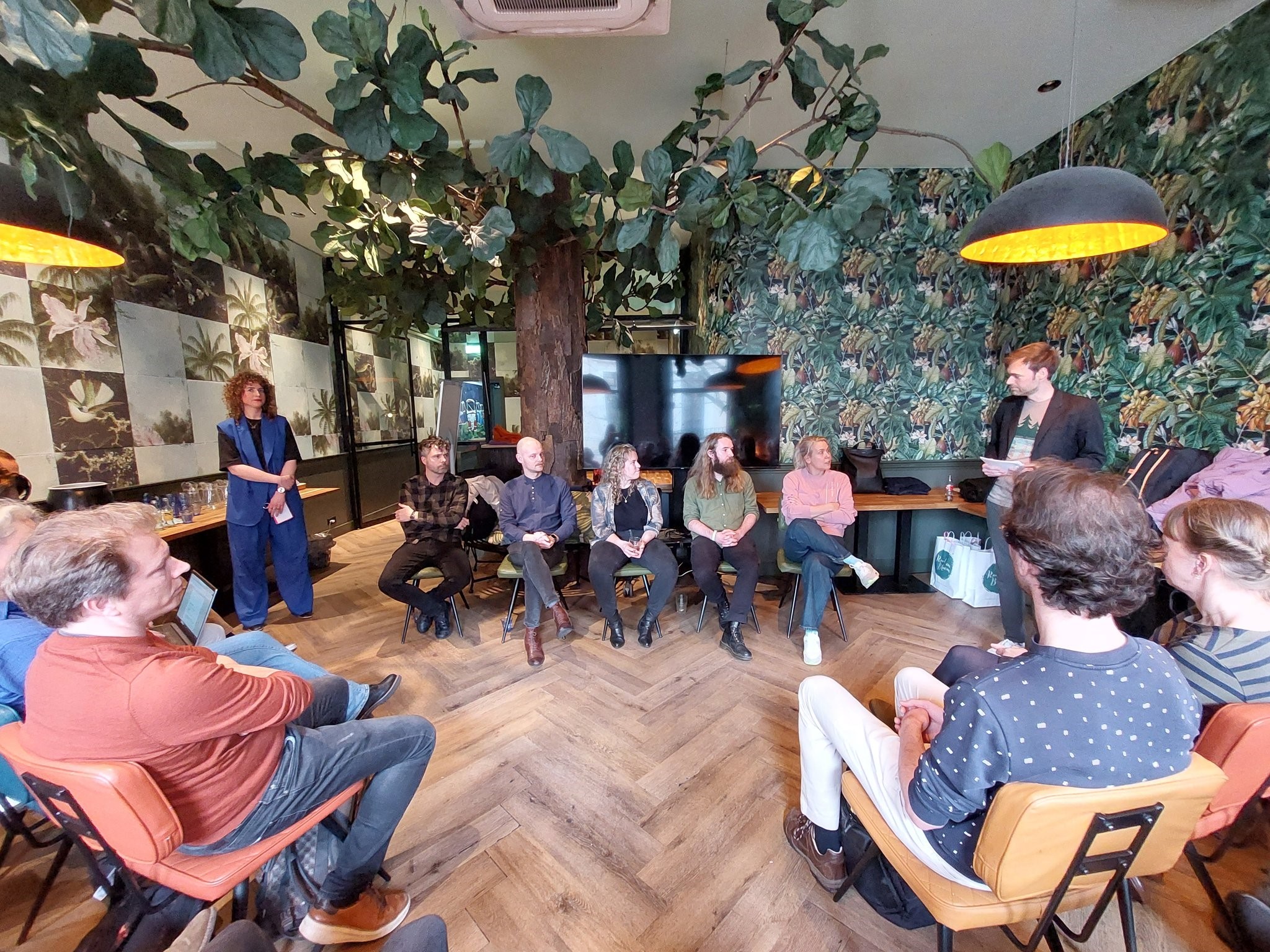Text HOP en Resource
An independent university magazine must have a sufficient budget and an unequivocal editorial statute. But the chemistry between the university board and the editors also works miracles, according to the book ‘De stem van de universiteit. Universitaire pers sinds de late negentiende eeuw’, The university’s voice: University press since the late nineteenth century.
Announcement leaflets developed into more or less independent media during the democratisation of universities in the seventies, a book on university press since the late nineteenth century states. The tension between administrative interests and professional journalism forms the main theme in university press history.
Dirty laundry
When the wave of democratisation had subsided, and neoliberalism was on the rise in the nineties, the universities took a more corporate approach. University administrators were less willing to guarantee editorial independence. Why should we pay for a paper that airs the university’s dirty laundry?
University managements were wary of reputational damage, particularly around open days, according to Ries Agterberg. Agterberg is editor-in-chief of the Utrecht news platform DUB and contributed to the book. If the university paper published a cover featuring a coke-snorting and vomiting student, the administration removed all copies from the designated bins without consulting with the editors. A similar incident occurred in Tilburg when an article was published on the Keuzegids in which the university scored poorly.
Lifestyle
But the editors also took a new course. Their focus shifted from politics and management to lifestyle, and many papers were transformed into glossy magazines. The continuing digitalisation and decreasing number of advertisements caused an increasing number of magazines to appear only online. Their fear of becoming less relevant was unfounded, says Agterberg. On the contrary, various editors joined forces to work on extensively researched articles, and all their news was now also available to readers from outside of the institute, so it more frequently made its way to other media.
‘Critical without nuance’
The battle for independence continued. Guus Termeer, editor-in-chief of the Groningen University paper between 1990 and 2004, describes several heated conflicts with different university magazines. The situation in Groningen became grim when a new executive board was installed in 2012. The new board called the editors ‘ critical without nuance.’
Following critical opinion articles by five professors (among whom future Nobel laureate Ben Feringa) on PhD students on grants, the board decided to cut funds. The paper was forced to move to online publication only. The relationship between the editors and the board came under increasing pressure. It reached a new low when the heated discussion within Groningen University on a branch in China reached boiling point, and the university council trashed all the plans.
Action journalism
Temeer also questions the part played by some editors who are said to have engaged in action journalism. ‘It sometimes appeared as if editors were extra critical or pushed or even crossed boundaries in an effort to debunk any suspicions that the UK was an obedient company paper.’
The personal opinions and irritations of members of the board played an important role, he says. When a completely new board was installed in 2019, the relationship with the UKrant improved almost immediately.
Leiden University magazine Mare also dealt with different board chairs, says university historian Pieter Slaman. ‘The survival of a critical weekly paper and news supply basically depended on the willingness of the board to support its existence. Not all administrators were equally willing, especially not when the university’s income and reputation were at stake.’
Not guaranteed
Recent examples at the technical universities of Eindhoven and Delft, as well as university colleges, show that the independence of tertiary education media is not guaranteed. The two previous ministers of Education regretted this fact but were unwilling to force the institutes to offer guarantees. It is high time such guarantees were provided, says editor-in-chief of Resource and chair of the Circle of Editors Willem Andrée. ‘Defending this independence will always remain our task and responsibility, but it is up to the institutes who have yet to formulate proper editorial statutes to show their courage. Eindhoven has set a proper example by anchoring Cursor’s independence in a solid editorial statute. In Wageningen, we are also working on a new statute.’
Universities and colleges should set an example for the independent press, according to Andrée, particularly when democracy and independent journalism are under pressure. ‘Critical reporting is not always pleasant for administrations, but it is essential for a properly functioning, transparent and socially safe university or college.’
Dutch universities and colleges are blessed with a democratic administrative culture and their own independent news media, Andrée says. ‘Because education and knowledge are public means, knowledge institutes must be democratically governed and controlled. Experience shows that this can only be achieved if the media are truly independent. Legislation also benefits the governing bodies themselves; clarity is in the interest of all parties involved.’
De stem van de universiteit. Universitaire pers sinds de late negentiende eeuw. Ab Flipse, Dorien Daling & Annelies Noordhof-Hoorn (ed.). Uitgeverij Verloren, ISBN 9789464551204, 22 euro.

 Photo Resource
Photo Resource 
![[update] University magazine Delft pressured into taking article on misconduct offline](https://www.resource-online.nl/app/uploads/2024/04/Delta-stuk-offline.jpg)
